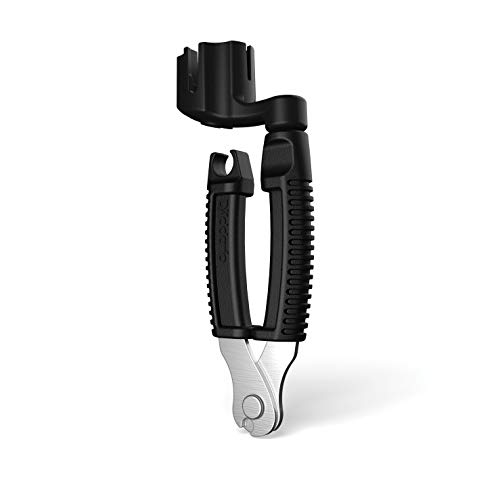wakeguitar
Well-known member
- Joined
- Sep 16, 2009
- Messages
- 204
- Reaction score
- 0
Hey, I'm looking for tips to improve my guitar recording process using speaker EMU's.. Currently I'm doing the speaker EMU thing, so I'm only focusing on that for the moment, so that means any dynamics, EQ or other 'rack' gear to utilize I will consider it (GAS).
How do you eq or process your signal when recording like this? Since I'm just recording the preamp, I can also send the signal back out to the cabinet if I want to record the cabinet, but I don't see how that would really change the recording process too much.
I've tried some parallel compression and it might be ok for some things, maybe cleans, but I generally didn't think compression would really improve things for me especially with gains.
cheers
How do you eq or process your signal when recording like this? Since I'm just recording the preamp, I can also send the signal back out to the cabinet if I want to record the cabinet, but I don't see how that would really change the recording process too much.
I've tried some parallel compression and it might be ok for some things, maybe cleans, but I generally didn't think compression would really improve things for me especially with gains.
cheers




















